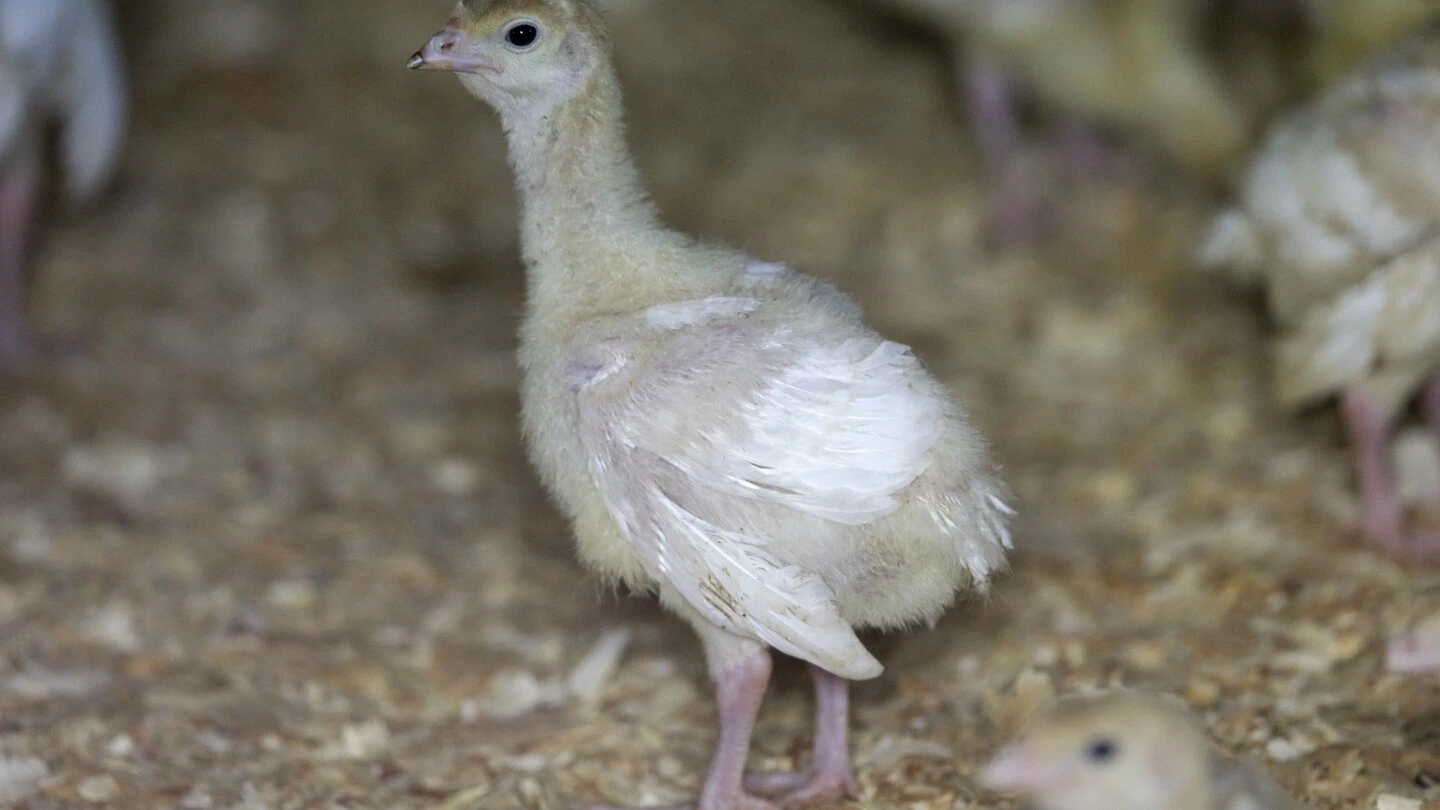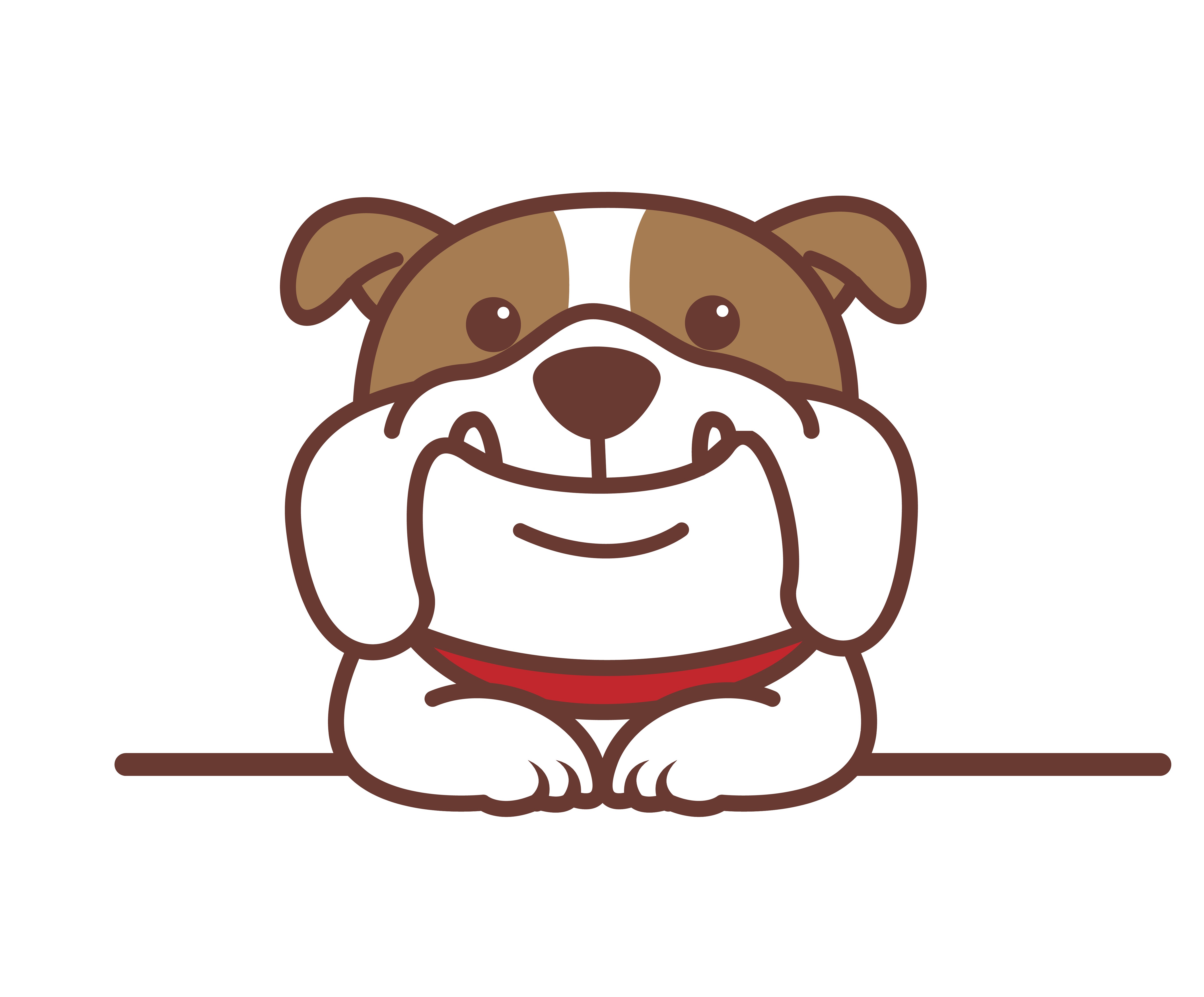Highly pathogenic bird flu has made its first appearances in U.S. commercial poultry flocks this season, affecting one turkey farm in South Dakota and one in Utah and raising concerns that more outbreaks could follow.
The U.S. Department of Agriculture reported that avian influenza, which is deadly to commercial poultry, was confirmed in a flock of 47,300 turkeys in Jerauld County, South Dakota, on Oct. 4 and at a farm with 141,800 birds in Utah’s Sanpete County last Friday.
The outbreaks are the first reported among commercial flocks in the U.S. since the disease struck two turkey farms in the Dakotas in April. Infected flocks are normally destroyed to prevent the flu’s spread, and then the farms are decontaminated.
I wonder if the farms normally have insurance for this kinda thing. “Infected flocks are normally destroyed to prevent the flu’s spread, and then the farms are decontaminated.” sounds damn expensive and ruinous to a plant.
I can’t imagine having to destroy your turkeys in October. There’s no way to recover in time.
Just speculate on gourd futures.
Of it’s big enough to be a full factory farm style plant, then I’d guess the insurance is “butterball owns us and will just send more turkeys once we’re clean”
Thats not how poultry farming works. The big companies have contracts with the farms to buy poultry for a set price. They don’t actually own and operate the farms.
If the farm doesn’t have poultry to sell, it makes no money, which is where insurance comes in.
Yes, they definitely have insurance, especially since most poultry farmers are up to their eyeballs in debt.
Is this the kind of bird flu that can spread to people? Because whoa man is farm country not ready for a deadly flu to start working it’s way through at the moment.
Highly pathogenic avian influenza (HPAI) usually refers to how readily it infects and kills birds, rather than humans.
The usual way we handle HPAI outbreaks is to kill every bird on that site when a single case is discovered. So if you have backyard chickens and an indoor parrot, from what I understand they’d euthanize your parrot if your chickens got sick. Or if you have an outbreak of a million hen egg farm, you depopulate those million chickens en mass, often though a less than humane method like suffocating then in foam or giving them heat stroke because it minimizes human exposure.
If you remember when eggs were expensive not too long ago, that was HPAI as well.
It’ll be fine. Birds aren’t real, so bird flu can’t be real either.
Reminds me of the joke about a man that dies in a flood waiting for good to save him while turning down any actual rescuers.
Meat eaters: if you need a sign from God or fate or whatever to start being vegan, here’s yet another one. Try not to drown before you change your mind.
deleted by creator
deleted by creator
that doesn’t work.
Objectively, vegan diets are better for the planet than equivalent omnivorous ones.
There’s honestly more impactfull things we could collectively do like decarbonizing electricity and transportation, building walkable cities, etc. You definitely don’t have to go vegan to be an environmentalist, and I’m not even sure it’s the highest impact personal change you could do.
There’s some particularly bad vegan foods for the environment, like air freighted berries. But those foods aren’t exclusively vegan, and aren’t hard to avoid. The foods you’d actually consume a lot more of as a vegan like beans and nuts are way better for the environment than beef or chicken.
The fluffy rhetoric in your magazine doesn’t actually align with the facts as laid out in that study. The study doesn’t actually find that being vegan helps the environment at all. it only shows that the consumption habits of vegans require less environmentally destructive practices than those of non-vegans, but it doesn’t show that any less destructive behavior actually takes place. in fact it looks like more destructive behavior takes place year-over-year regardless of whether vegans exist.
Companies exist to maximize profit.
If more vegans exist, the normal thing you’d expect is decreased production of meat products and increased production of beans.
The effect from one person is negligible, but it adds up.
If more vegans exist, the normal thing you’d expect is decreased production of meat products and increased production of beans.
not necessarily. there are certainly more vegans today than any time in the past (i’m just guessing here), but more animals are killed than any time in the past, as well.
There is no ethical consumption under Capitalism, so you can shove your comment up your ass and make all the wishes you want. It’s a sinking ship and we are all on it.
Also, no you can’t.
Backyard chickens FTW






